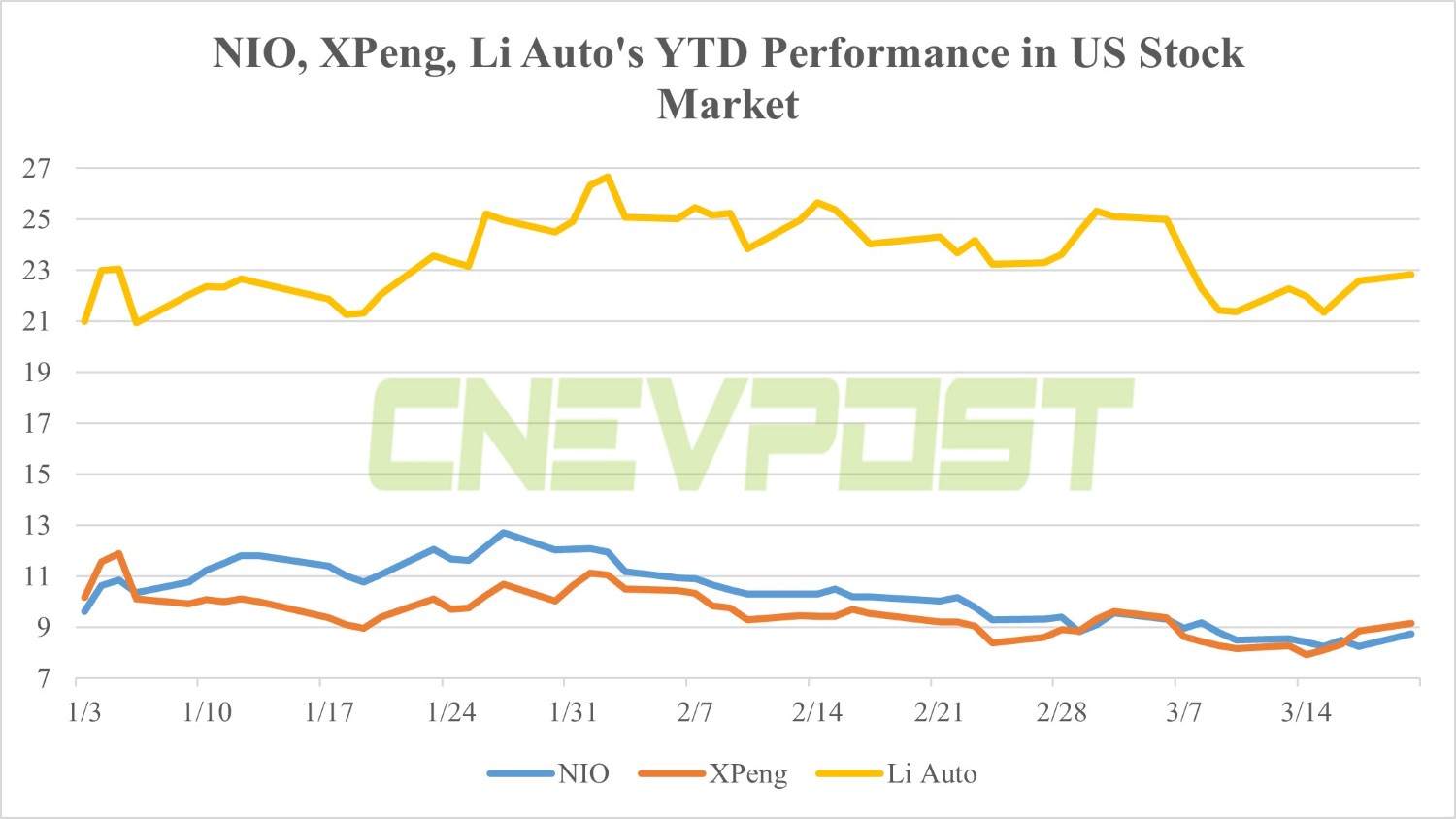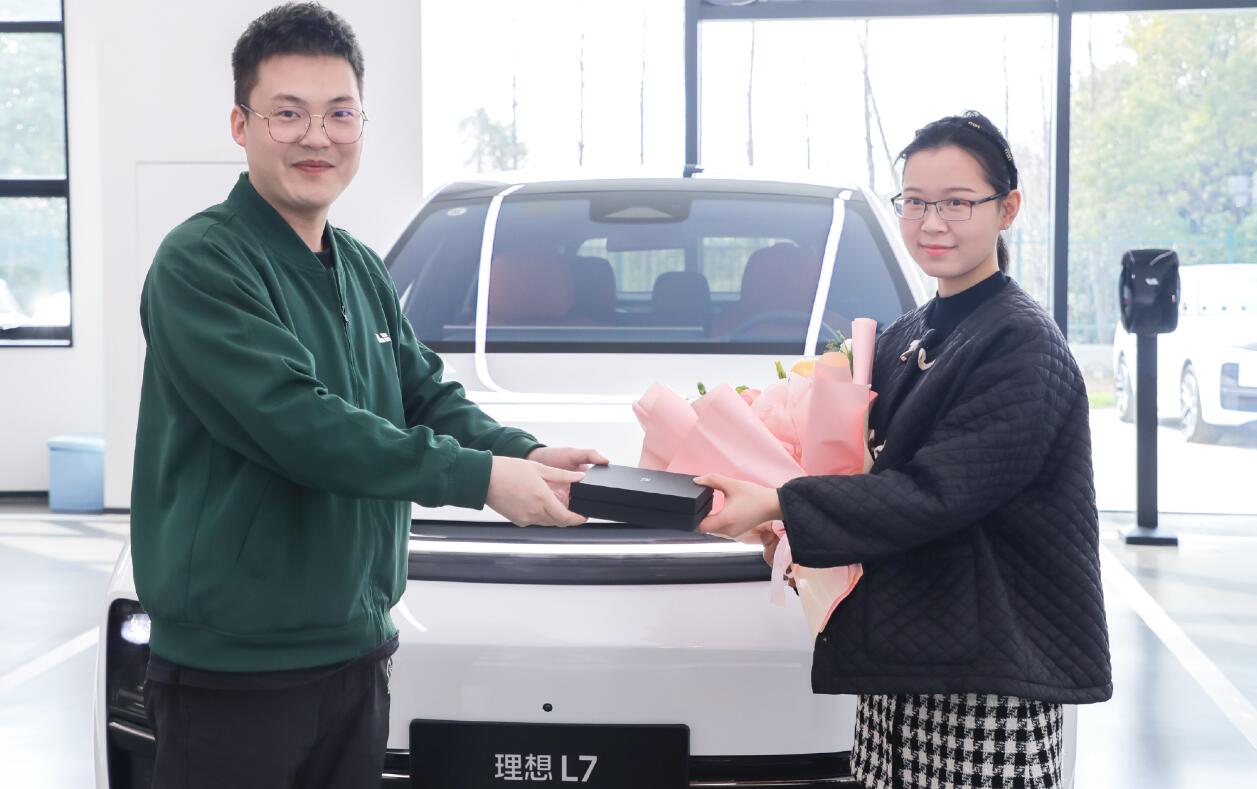This means Li Auto has seen more than 10,905 deliveries so far this month.

(Image credit: Li Auto)
Li Auto (NASDAQ: LI) saw cumulative vehicle deliveries top 300,000, meaning it has delivered more than 10,000 vehicles so far this month.
Li Auto delivered the Li L9, Li L8 and Li L7 to three owners at its Beijing delivery center on March 24, bringing cumulative deliveries to more than 300,000 vehicles, the company announced today.
Li Auto achieved its 300,000th vehicle delivery in 39 months since it officially began delivering vehicles in December 2019, the fastest among China's homegrown new luxury carmaker brands, it said.
Li Auto delivered 15,141 and 16,620 vehicles in January and February, respectively, for a cumulative total of 289,095 deliveries as of the end of February, according to data monitored by CnEVPost.
The latest development means that as of today, Li Auto has delivered more than 10,905 units so far this month. The company is expected to announce March's delivery figures on April 1.
Li Auto's local peer NIO (NYSE: NIO) saw its 300,000th vehicle delivered in February, but did not publicly market it.
NIO delivered 12,157 vehicles in February, bringing cumulative deliveries through the end of February to 310,219.
Li Auto's models currently on sale have gained close to 20 percent market share in the RMB 300,000 ($43,810)-500,000 price range, making it the luxury SUV brand of choice for families, the company said.

Li Auto's current offerings are all extended-range electric vehicles (EREVs) with an all-electric range of about 200 kilometers and the ability to refuel.
On March 22, William Li, founder, chairman and CEO of NIO, said at a forum that the company had delivered more than 310,000 units as of February this year, accounting for more than 66 percent of the premium EV market in January and February.
All of NIO's current models are pure electric models and are aimed at a market with a price tag of more than RMB 300,000.
Li Auto does not currently have any pure electric models and its first such model will be an MPV, which is expected to be released by the end of the year.
In terms of technology development, Li Auto continues to invest in R&D and has achieved in-house development and production of core components such as range-extender and XCU central domain controller, the company said today.
Li Auto insists on in-house R&D in assisted driving systems and makes models equipped with assisted driving systems as standard, it said.
As of March 23, Li Auto's in-house developed AD smart driving system has accumulated more than 550 million kilometers, including more than 100 million kilometers for the NOA navigation assisted driving system, it said.
($1 = RMB 6.8473)
Li Auto to build charging stations at 'NIO pace', report says
The post Li Auto sees cumulative deliveries exceed 300,000 units appeared first on CnEVPost.
For more articles, please visit CnEVPost.















